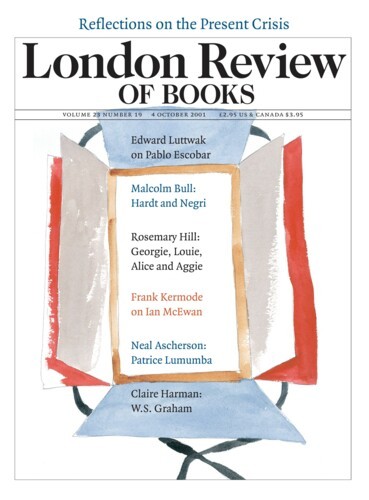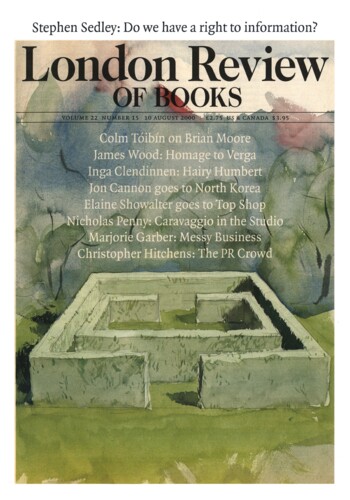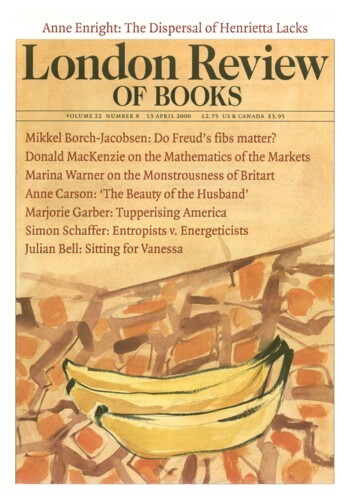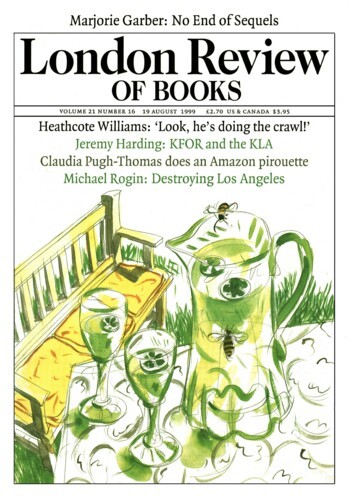Once, recycling was a way of life, conducted without civic ordinances, highway beautification statutes, adopt-a-motorway programmes or special bins for paper, glass and metal. Until the mid-19th century, rag-pickers plied their trade in European and American cities. Quilts were made from clothing scraps; rugs (now, like the quilts, collectors’ items) were made from rags; soap was made at home from wood ashes and grease, tallow candles from animal fat, buttons (as well as dice and dominoes) from bones. The 20th century’s disposable cups, plates and packaging, suggests Susan Strasser, in Waste and Want: A Social History of Trash (1999), are signs of wealth and leisure, as well as of hygiene. Both cultural and institutional change played a part – the invention, for example, of the ‘waste trade’ and of city trash collection, replacing the free-ranging scavenger pigs in the streets. ‘Trash,’ Strasser writes, ‘is created by sorting.’ Inside or outside the house; keep it or toss it. Marginal items occupy a marginal category and get stored in marginal spaces, like attics, basements and sheds. ‘Dirt is matter out of place’ is the celebrated dictum of Mary Douglas. A teenager’s clothing scattered about the room; a pair of shoes on the dining-room table. And what we regard as dirt someone else may prize; dirt is not natural but cultural.’‘
Cooking with Mud: The Idea of Mess in 19th-Century Art and Fiction by David Trotter. Once, recycling was a way of life, conducted without civic ordinances, highway beautification statutes, adopt-a-motorway programmes or special bins for paper, glass and metal. Until the mid-19th...




